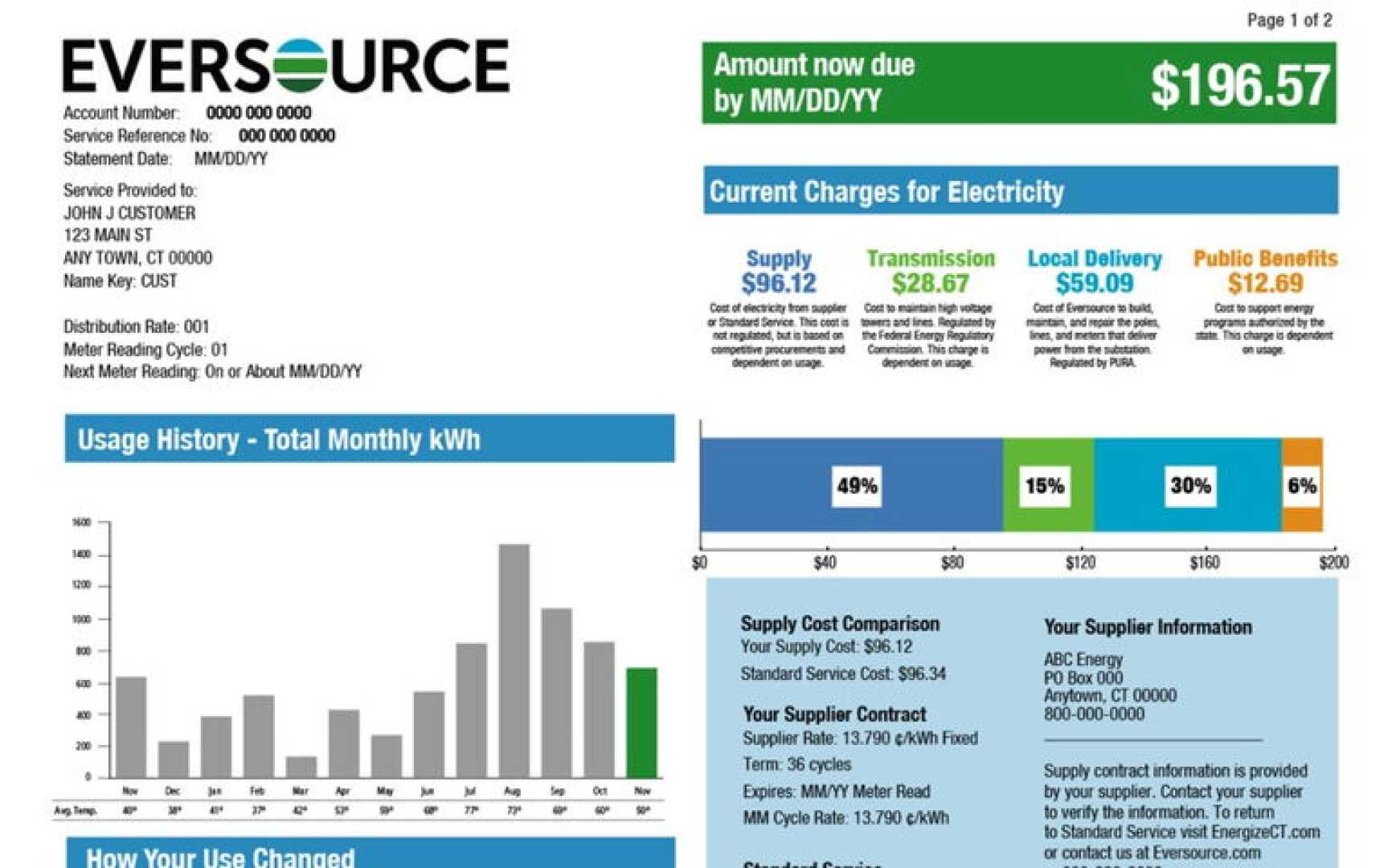News
Connecticut Ratepayers Face Over $1 Billion in Annual Public Charge Costs

Hartford, Connecticut – Connecticut ratepayers are paying slightly more than $1 billion per year in public benefits charges through their electric bills, a cost that has risen rapidly in recent years. This information was revealed during testimony from utility companies Eversource and United Illuminating before the Finance, Revenue, and Bonding Committee on April 16.
Senator John Fonfara, D-Hartford, who co-chairs the Finance Committee, proposed a bill to remove the public benefits charge from electric bills for several years. The plan includes a “Green Bond” that would allocate up to $800 million annually to fund programs that the public benefits charge typically covers. However, legislative testimony indicated that even if passed, this fund would not fully address the current financial burden on ratepayers.
According to Eversource’s Doug Horton, customers contribute around $800 million annually to public benefits, a significant increase from $450 million five years ago. Independent data from United Illuminating indicates their customers pay approximately $250 million annually, bringing the total public benefits cost to over $1 billion per year.
The public benefits charges support various government-mandated programs, including initiatives for energy efficiency and renewable energy sources. These programs account for approximately 57 different programs, which include funding for electric vehicle subsidies and energy procurement from sources like the Millstone nuclear plant.
In Connecticut, the electricity costs are among the highest in the nation, exacerbated by increasing rates attributed to supply constraints and public benefits charges. During the committee hearings, Eversource officials acknowledged that a significant portion of unpaid bills results from the escalating costs.
Jess Cain, Eversource’s vice president of customer operations, stated that past-due balances have tripled over five years, growing from $100 million annually to a peak of $350 million, before settling around $200 million recently.
Legislators have proposed alternative measures, including Fonfara’s bill, which strives to eliminate or restructure the public benefits charges in favor of broader state management of these costs. The bill has garnered bipartisan support but has faced considerable opposition over concerns it may undermine state renewable energy goals.
Mike Trahan, executive director of the Connecticut Solar & Storage Association, voiced strong opposition to the proposed changes, stressing that it would harm the local solar industry and alter net metering practices for homeowners.
Despite the heated debates surrounding energy costs in Connecticut, Fonfara maintains that adjustments must be made to ensure market sustainability and affordability for ratepayers. As discussions continue, the landscape of Connecticut’s energy policies remains a critical issue for residents.












